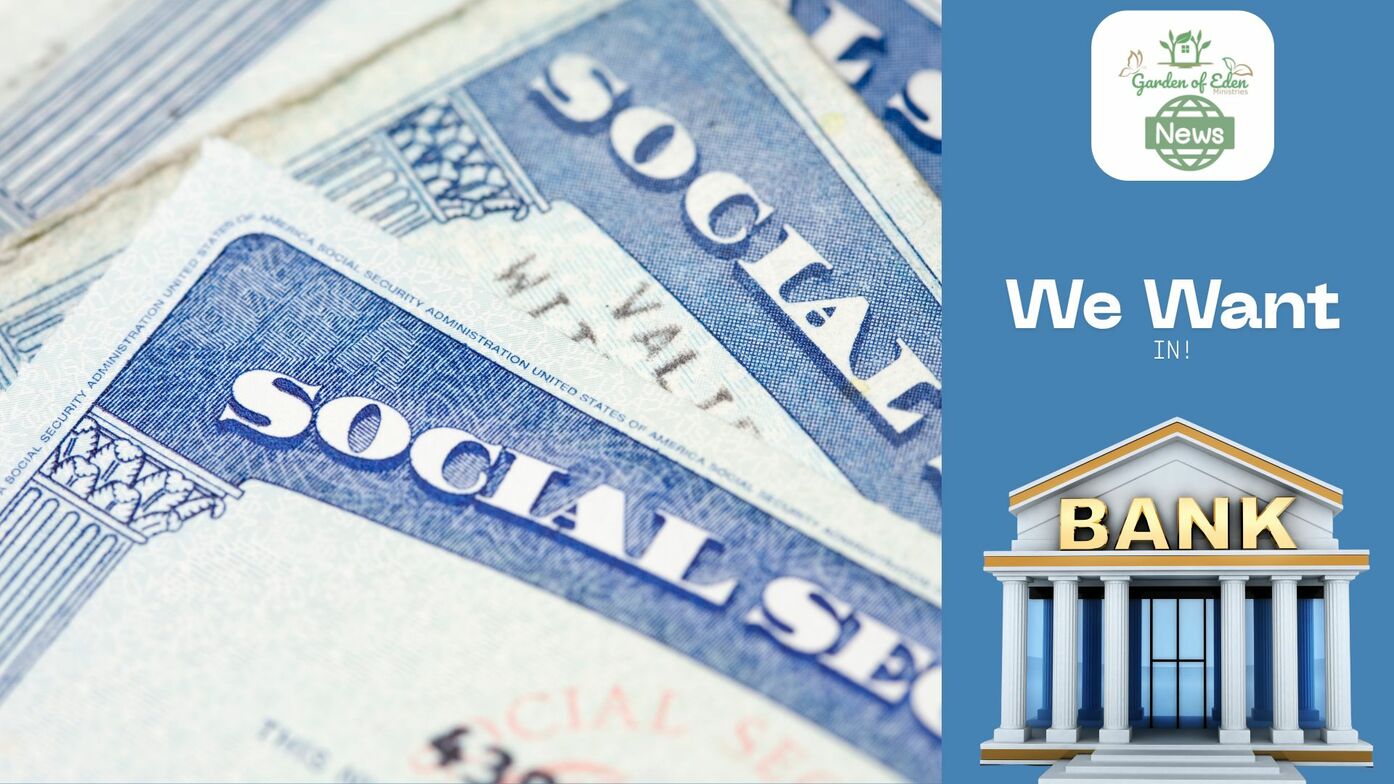
Beginning this week, the Social Security Administration wants to monitor people's checking accounts that receive benefits.
EM25046 is the reference for an emergency message from the Social Security Administration (SSA) issued on August 1, 2025, outlining a new policy granting the SSA more direct and automated access to individuals' bank accounts for Supplemental Security Income (SSI) recipients aged 65 or older. This policy change allows the SSA to automatically check bank account balances to verify resource limits and reduce overpayments, a practice previously limited to cases where a claimant reported significant resources. The SSA intends to expand this access to other SSI and potentially other Social Security beneficiaries in the future.
What is EM25046?
- An emergency message: EM25046 is the internal identifier for an SSA emergency message, not a benefit.
- A new verification policy: It details a change in how the SSA accesses and verifies financial institution accounts.
- Effective August 1, 2025: This new policy went into effect on this date.
What Does This Policy Do?
-
Automated bank checks:The SSA can now automatically check bank account balances for certain SSI applicants and recipients.
-
Broader scope:The policy initially applies to SSI recipients aged 65 or older but is expected to expand to other groups.
-
Continuous monitoring:The SSA can perform continuous, repetitive checks of bank accounts, not just one-time verifications.
Why Was This Policy Implemented?
-
Reduce overpayments:The primary reason is to reduce SSI overpayments caused by undisclosed or hidden bank accounts.
-
Ensure eligibility:It helps ensure that individuals receiving SSI benefits are genuinely meeting the program's income and resource limitations.
-
Improve efficiency:Direct access to financial information streamlines the process of verifying eligibility.
Who Does It Affect?
-
Currently: SSI recipients aged 65 or older.
-
Future: The SSA plans to expand this to other SSI and potentially other Social Security beneficiaries
ALERT: SSA’s New Rule Lets Them Watch Your Bank Account – Seniors Must Know This!
PER SOCIAL SECURITY ADMINISTRATION
During the initial claims process and later reviews of eligibility, Supplemental Security Income (SSI) applicants and recipients are required to report their resources to ensure they are eligible for SSI. Our studies found that money above the resource limit held by SSI recipients is a leading cause of payment errors. As a result, we examined alternatives to the traditional SSI asset verification practices of recipient self-reporting and direct contacts with financial institutions. The Access to Financial Institutions (AFI) process is an effective means of reducing errors with those aspects of SSI.
AFI is an automated process that verifies alleged bank account balances with financial institutions to identify potential excess resources in financial accounts held by SSI applicants, recipients, and deemors. In addition to verifying alleged bank accounts, AFI detects undisclosed accounts using unique search criteria called geographic searches. We conduct up to 10 geographic searches per individual for each review. We use AFI to verify financial accounts during the SSI application process, as well as when we conduct periodic redeterminations of continued eligibility, thereby detecting excess resources and deterring reoccurrence.
Ministries
News

